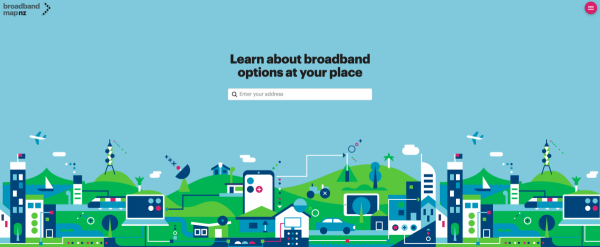Access and security online
We’re committed to creating an accessible and safe Internet for all New Zealanders. We provide tools and services to help you connect to the Internet - and stay safe once you’re online.
We’ve developed the Broadband Map NZ to help you know what Internet options may be available at your place. We’re also working to improve New Zealanders’ access to the Internet. We want more people to have:
- Access to affordable Internet and devices
- Motivation to learn and the skills to use technology
- Trust in using the Internet and online services.
This is called digital inclusion and it’s a strong focus of our work.

